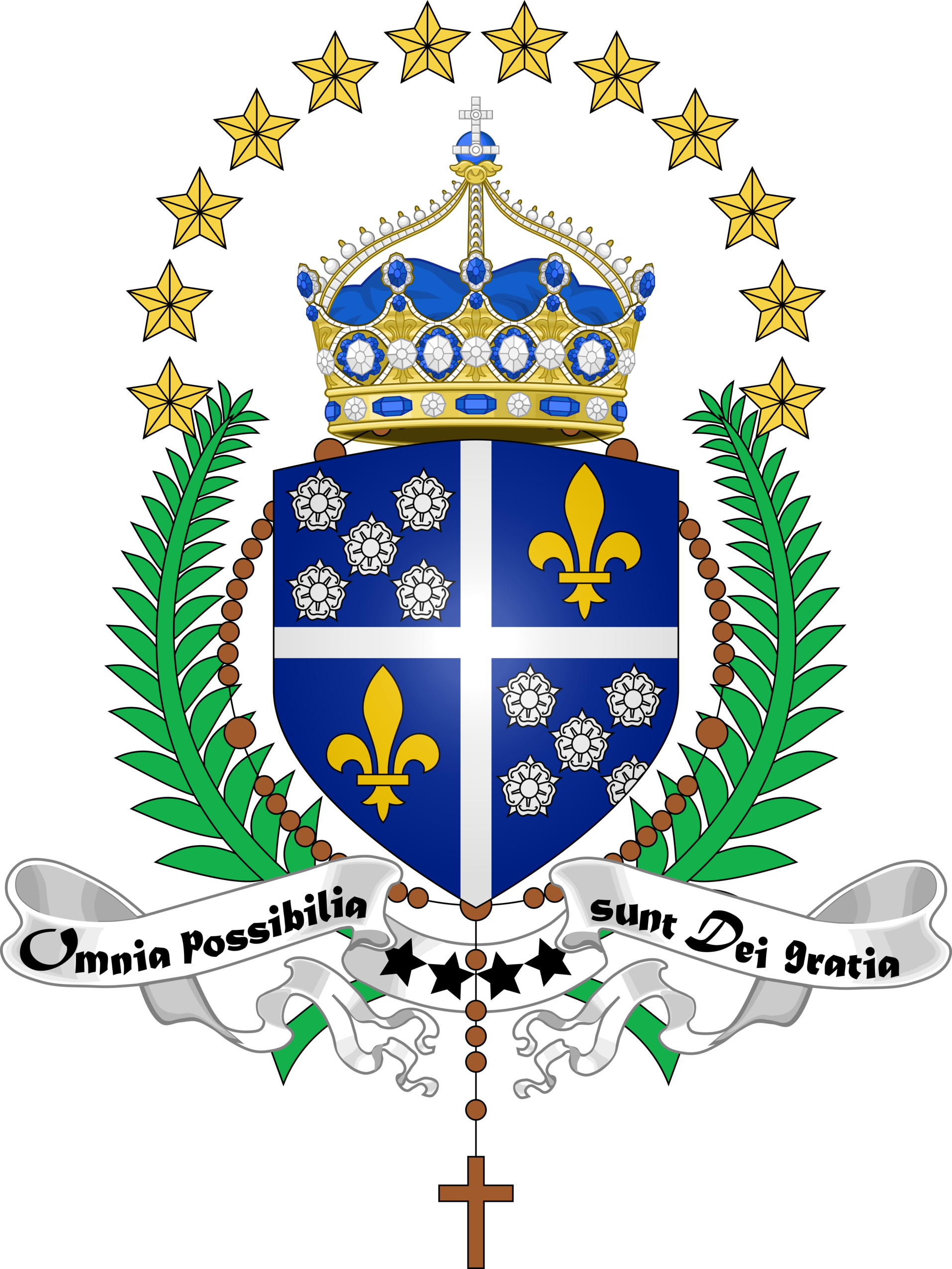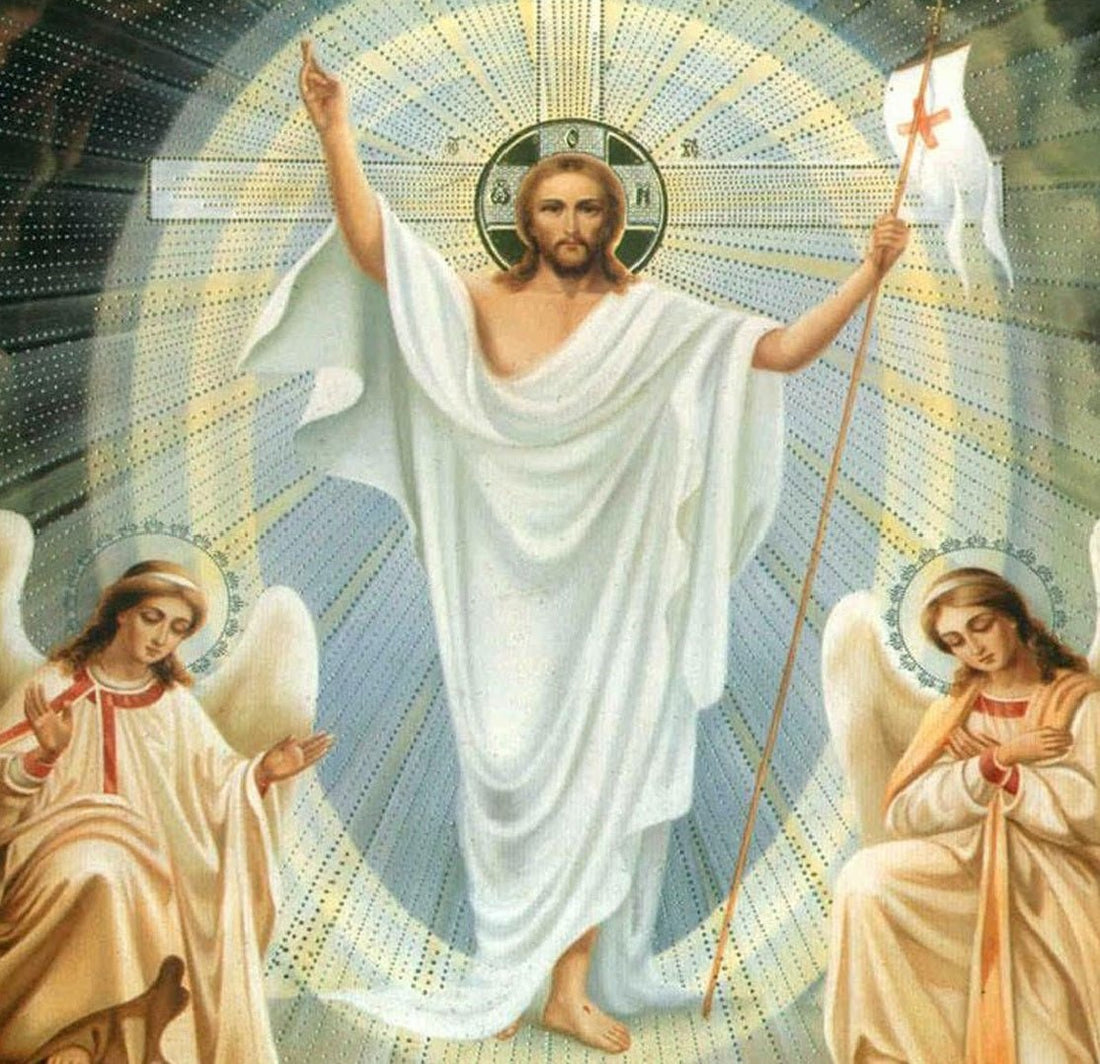
Easter is the most important holiday for Christians. It celebrates the Resurrection of Christ, his victory over death, which is the central element of the Christian faith. It is the oldest Christian feast and the central feast of the liturgical year.
The celebration of Easter is the occasion for Christians to renew their baptismal profession of faith. This is why adults asking for baptism (catechumens) are baptized in their parishes during the Easter Vigil. The Easter candle, symbol of Christ's presence, is then lit and will shine from Easter Sunday to Pentecost Sunday.
The Resurrection of Christ is the fulfilment of the promises God made to his people. This is why the feast of Easter, celebrated with a solemn Mass, is the high point of the Christian liturgical calendar. This day of joy is marked in the churches by the colour white or gold, symbol of joy and light.
"Why do you seek the Living among the dead? He is not here, he has risen. "(Luke 24).
The Gospels recount the events of the Sunday morning after Jesus' death, when Jesus' disciples (the apostles and the holy women) found his tomb empty. They also recount that Jesus appeared to them many times in various circumstances over a period of 40 days until one last apparition when they saw him ascend to Heaven.
The origins of Easter
Easter etymologically means "passage". The Christian feast of Easter has its roots in the Jewish feast of Passover, which celebrates the passage of the Red Sea by the Hebrews during the liberation of Egypt.
Since the Resurrection of Christ, it is the celebration of the passage with him from death to life that Christians celebrate. Through his Resurrection, Christ saves man from sin and calls him to eternal life.

